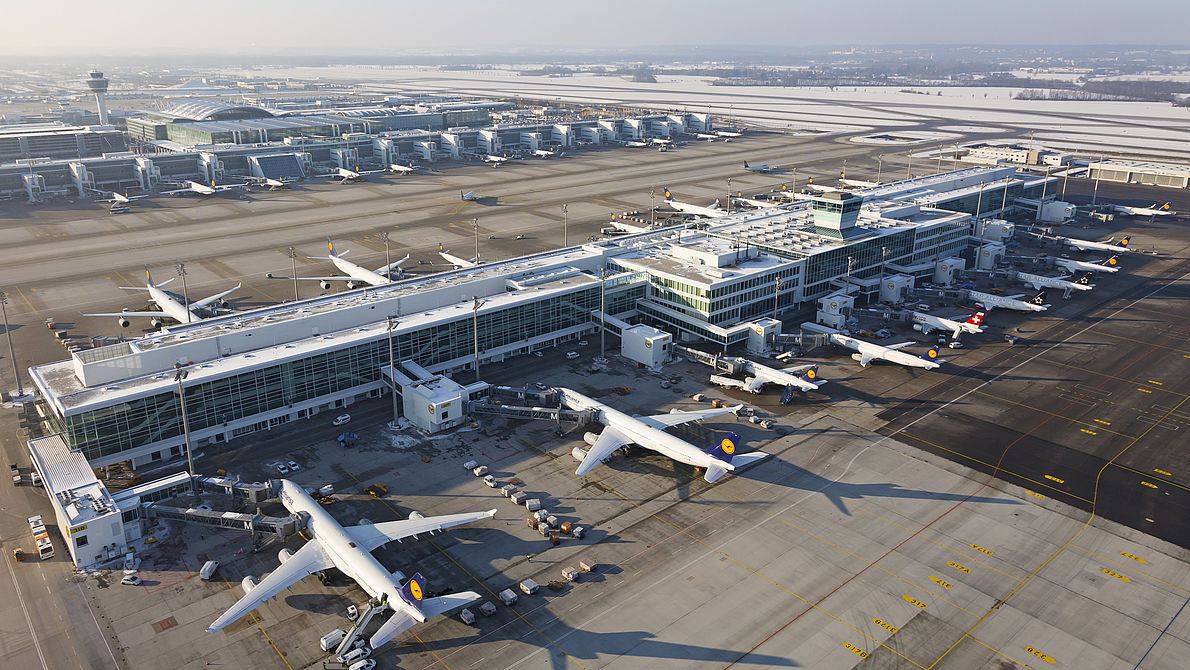
Thought you’d heard the last of airlines trying to “level the playing field” with competitors who they accuse of benefiting from unfair subsidies? Think again. We’ve already seen the CEO’s of the big three U.S. airlines call out Qatar Airways over its investment in Air Italy and that feud is highly likely to get even more raucous in 2019. But what about the big European airlines? It looks like they’re about to start making a noise as well.
In a new policy document co-signed by a number of major European carriers including the likes of Lufthansa, Air France-KLM, SAS and TAP Portugal, along with the European Transport Workers Federation (ETF) they call for a “social agenda for European aviation” that takes aim at low-cost competitors like Ryanair, as well as Middle East and Asian carriers.
And this time they may well have a really good point. Off the bat, they admit that competition is good for consumers, providing more connections and economic benefits. But while they held to high standards in securing the rights of their employees, other airlines are taking part in “social engineering”.
Zero hour contracts, “bogus” self-employment contracts, a lack of collective labour agreements and policies that allow airlines to hire and fire employees such as cabin crew at will are all issues that the coalition has a problem with.
“Such practices are gradually undermining social systems, social rights & protections and effective access to legal redress,” the white paper explains. “Such practices create an unlevel playing field within Europe’s aviation market, as they allow certain players to achieve an undue competitive advantage vis-à-vis their competitor airlines that do abide by the rules, respect social standards, and engage in genuine social dialogue with their staff.”
Let’s be clear – Ryanair is never actually named in the paper but its pretty clear that the authors had the Dublin-based airline in mind when they wrote the document. Only recently, Ryanair was accused of forcing its Poland-based cabin crew onto self-employment contracts, while its entire Dutch cabin crew and pilot workforce were dismissed because they refused to move to far-flung bases in Eastern Europe.
Foreign carriers from outside Europe are also mentioned in the white paper – which calls on the EU to mandate minimum social standards for aircrew.
“EU airlines also have to compete with airlines that – from a European perspective – deny their employees important rights. For example, the UN Labour Organisation, the ILO, is taking action against a Gulf airline. Here the EU Commission can also take countermeasures by attaching special importance to workers’ rights in aviation agreements,” explains a statement from Lufthansa.
The airline in question is Qatar Airways where cabin crew can face dismissal for the most innocuous of reasons.
So why has this suddenly become an issue?
Apparently, the European Union is currently negotiating new aviation agreements with a number of countries, including the United Arab Emirates (home of Emirates and Etihad Airways), Qatar, Turkey and some Southeast Asian States. The likes of Lufthansa have previously lobbied government to limit the reach of airlines like Emirates, Etihad and Qatar Airways into Europe – based mainly on the issue of unfair subsidies.
By and large, those efforts haven’t really had much of an effect but what they are now arguing is that if foreign airlines want to access Europe as freely as EU airlines do, then they should uphold the same social standards as their European counterparts. Things like the right to strike and equivilant protection against dismissal are top of the agenda – both of which are strictly prohibited in both the UAE and Qatar.
It’s an interesting argument and one that could well gain support. Staffing is one of the biggest costs that any airline has to deal with and in Europe, airlines (whether they like it or not) have to abide by certain rules that keep those costs even higher than foreign competitors.
Recent strikes at Air France just go to prove how costly getting on the wrong side of your employees can be at a European airline.
Mateusz Maszczynski honed his skills as an international flight attendant at the most prominent airline in the Middle East and has been flying ever since... most recently for a well known European airline. Matt is passionate about the aviation industry and has become an expert in passenger experience and human-centric stories. Always keeping an ear close to the ground, Matt's industry insights, analysis and news coverage is frequently relied upon by some of the biggest names in journalism.







